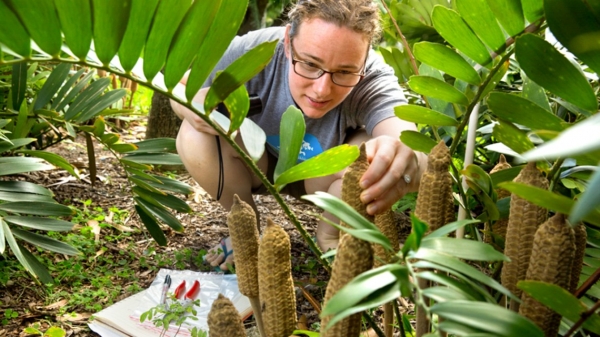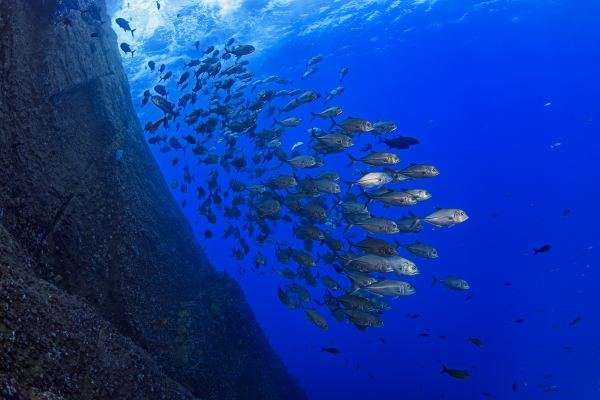The Covid pandemic shutdowns in South Asia greatly reduced the concentration of short-lived cooling particles in the air, while the concentration of long-lived greenhouse gases was barely affected.
articles
Pollinators are Attracted to Humidity, Not Just Scent
Humidity is as important as scent in attracting pollinators to a plant, new Cornell-led research finds, advancing basic biology and opening new avenues to support agriculture.
Rocks Beneath Antarctic Ice Sheet Reveal Surprising Past
The West Antarctic Ice Sheet is shrinking, with many glaciers across the region retreating and melting at an alarming rate.
A Smoky May for North America
For remote sensing scientists who track the movement of smoke plumes, May 2023 has been a wild, memorable month due to extreme fire activity in northwestern Canada.
Mitigating Climate Change Through Restoration of Coastal Ecosystems
One of the primary drivers of climate change is excess greenhouse gases like carbon dioxide in the atmosphere.
New Study: Protecting Large Ocean Areas Doesn’t Curb Fishing Catches
A new study published in Science Advances today provides evidence that large-scale, offshore, and fully-protected marine areas (MPAs) protect biodiversity without negatively impacting fishing and food security.










